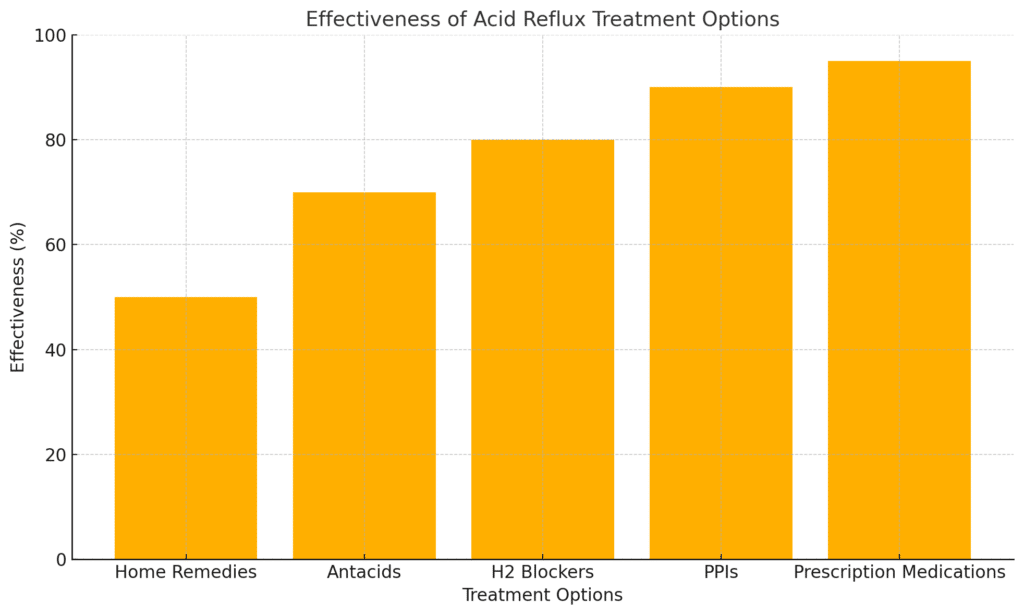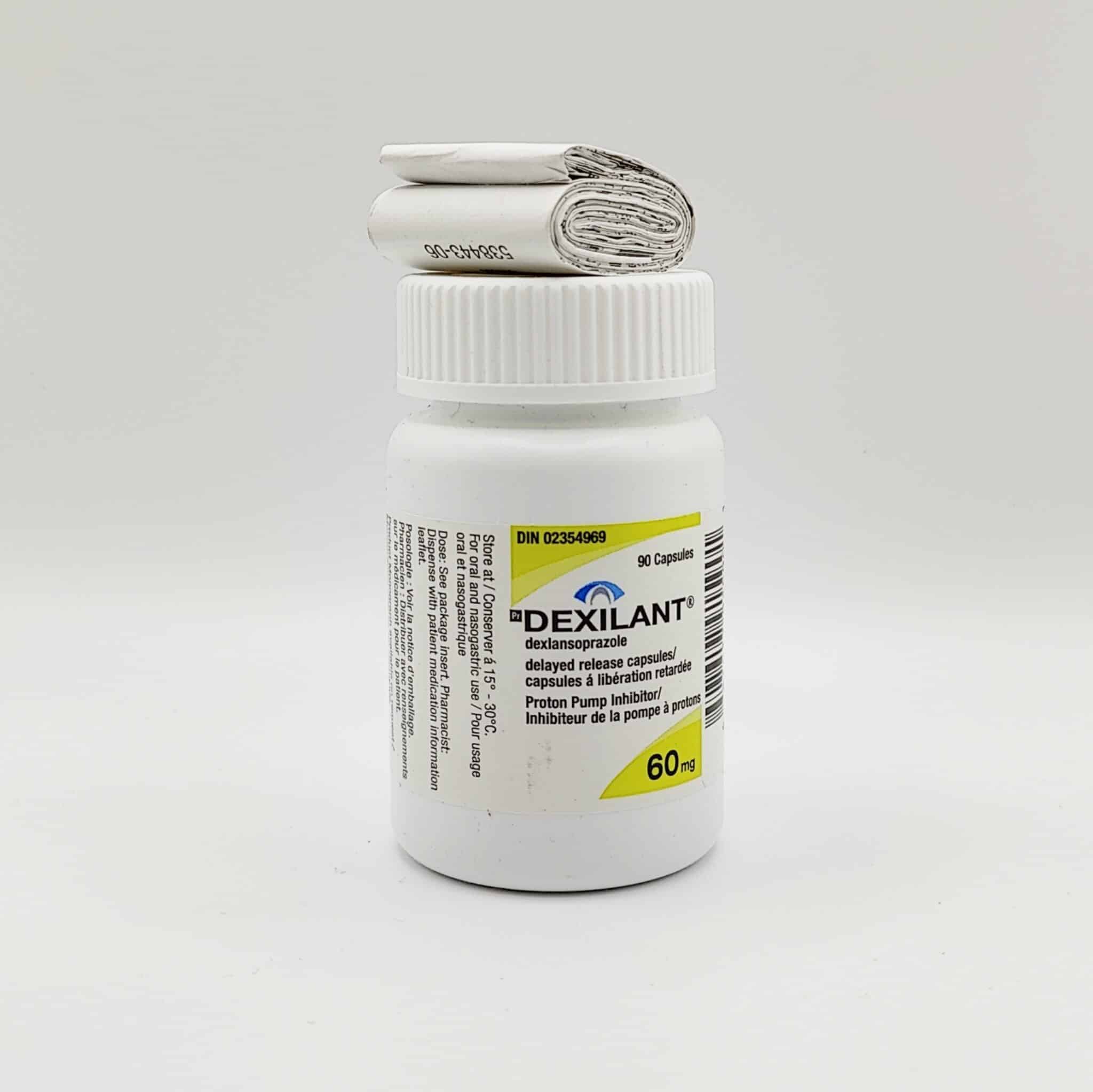Top 5 Foods to Avoid for Heartburn and the Best Ways to Treat It
Top 5 Foods to Avoid for Heartburn and the Best Ways to Treat It
- Jason K
Heartburn is a common issue that many people experience, often as a result of certain foods triggering acid reflux. This uncomfortable burning sensation occurs when stomach acid moves up into the esophagus. The good news is that you can manage and even prevent heartburn by avoiding trigger foods and using a variety of treatments, including home remedies and medications.
Here’s your go-to guide on the top 5 foods to avoid if you’re prone to heartburn and the best ways to manage it effectively.
Top 5 Foods to Avoid for Heartburn
Citrus Fruits and Juices
- Why Avoid: Citrus fruits like oranges, lemons, and grapefruits, as well as their juices, are highly acidic. They can irritate the esophagus and worsen heartburn symptoms.
- Tip: Swap citrus fruits with low-acid options like bananas, melons, or apples.
Spicy Foods
- Why Avoid: Spicy dishes can irritate the lining of the esophagus and trigger acid reflux, especially in sensitive individuals.
- Tip: Use mild spices like basil, oregano, or parsley for flavor without the burn.
Fried and Fatty Foods
- Why Avoid: Foods like French fries, fried chicken, and high-fat desserts slow down digestion, which can lead to increased pressure on the stomach and acid reflux.
- Tip: Opt for baked, grilled, or steamed options instead of fried foods.
Caffeine and Carbonated Drinks
- Why Avoid: Coffee, tea, soda, and energy drinks can relax the lower esophageal sphincter (LES), making it easier for stomach acid to move up into the esophagus.
- Tip: Choose non-caffeinated herbal teas like chamomile or ginger tea, which may also soothe your stomach.
Chocolate
- Why Avoid: Chocolate contains caffeine and a compound called theobromine, both of which can relax the LES and trigger heartburn.
- Tip: Try a small piece of white chocolate or carob-based treats, which are less likely to cause symptoms.
Best Ways to Treat Heartburn
If heartburn strikes, don’t worry—there are several ways to treat it effectively. These include home remedies, over-the-counter options, and prescription medications.
Home Remedies for Heartburn Relief
1. Elevate Your Upper Body While Sleeping
Sleeping with your head and chest slightly elevated can prevent acid from flowing back into your esophagus.
2. Drink Warm Ginger Tea
Ginger is a natural anti-inflammatory that can help reduce stomach acid and soothe irritation.
3. Try Apple Cider Vinegar
Mix a teaspoon of apple cider vinegar with a glass of water and sip slowly. While it seems counterintuitive, it may help balance stomach acid levels.
4. Chew Sugar-Free Gum
Chewing gum increases saliva production, which can neutralize acid and wash it back into the stomach.
5. Eat Smaller Meals
Consuming smaller, more frequent meals can prevent the stomach from becoming too full and reduce pressure on the LES.

Over-the-Counter Medications
Antacids
- Examples: Tums, Rolaids, Maalox
- These provide quick relief by neutralizing stomach acid.
H2 Blockers
- Examples: Pepcid (famotidine), Tagamet (cimetidine)
- These reduce the amount of acid your stomach produces and offer longer-lasting relief compared to antacids.
Proton Pump Inhibitors (PPIs)
- Examples: Prilosec (omeprazole), Nexium (esomeprazole)
- These are more effective for frequent heartburn and help heal the esophagus by blocking acid production.
Prescription Options
For severe or chronic heartburn (often diagnosed as gastroesophageal reflux disease or GERD), your doctor may recommend prescription-strength treatments, such as:
1. Prescription PPIs: Higher doses of medications like omeprazole or lansoprazole.
2. Prokinetics: Medications that help strengthen the LES and improve digestion, such as metoclopramide.
3. Surgery: In rare cases, procedures like fundoplication may be necessary to address structural issues causing heartburn.
When to See a Doctor
While occasional heartburn can be managed with the tips above, frequent or severe symptoms should be evaluated by a healthcare professional. Persistent heartburn can damage the esophagus and lead to more serious complications if left untreated.
Heartburn doesn’t have to interfere with your life. By avoiding trigger foods, using effective home remedies, and exploring the right medication options, you can find relief and prevent future episodes. Whether you’re looking to adjust your diet or explore treatment options, managing heartburn is achievable with a little effort and the right tools!
Learn more about heartburn and GERD management from Mayo Clinic.

